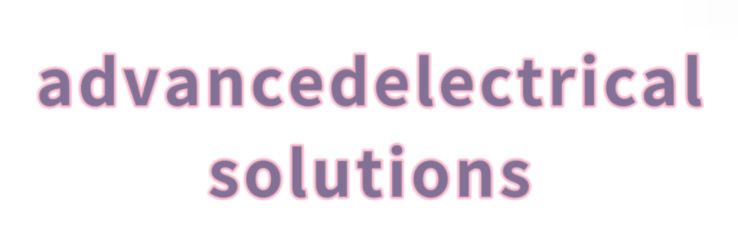Intellectus Regulatoris Naturalis Gas Domestici
Understanding your residential natural gas regulator is essential for ensuring safety and efficiency in your home's gas distribution system. The natural gas regulator is responsible for managing the flow and pressure of gas delivered to your appliances, making it a critical component of your home’s gas infrastructure. To gain deeper insights into this instrument, we gathered information from various industry experts in the field.
The Importance of Natural Gas Regulators
According to John Smith, a gas utility specialist with over 20 years of experience, Natural gas regulators are vital for maintaining the safety and stability of gas delivered to residential homes. They automatically adjust for pressure variations that can occur due to distance from the supply source or fluctuations in usage.
How Regulators Function
Dr. Lisa Jones, a gas design expert at the Energy Institute, explains: Natural gas regulators utilize a diaphragm mechanism that monitors pressure changes and automatically adjusts the flow. This ensures that the pressure remains within safe limits for domestic appliances, preventing damage or malfunction.
Common Issues with Regulators
Mark Thompson, an experienced technician with a national gas service company, sheds light on common problems faced by homeowners. One of the most frequent issues is dirt clogging, which can impair the regulator’s function, leading to inconsistent gas pressure. Regular maintenance is consequently vital.
Signs of Regulator Failure
Experts agree on several signs that may indicate a potential failure of the regulator. Dr. Sarah Miller, a safety consultant, notes: If you experience low or high gas pressure affecting appliance performance, it is essential to have the regulator inspected. Other signs include hissing sounds or unusual odors near appliances, which may suggest gas leakage.
Residential Natural Gas Regulator: Standard vs. High-Performance Explained
Maintenance of Natural Gas Regulators
10 Questions You Should Know About Ultrasonic Testing Equipment Costs
Understanding DFT Measurement Instruments: A Comprehensive Guide
How Frequency Analyzer Can Transform Our Learning?
How Bluetooth Current Sensors Can Improve Energy Monitoring?
How Does a Frequency Counter Work?
Straight Probe: Revolutionizing Precision Measurements in Tech
To keep your natural gas regulator in good condition, regular inspections are necessary. According to Robert Green, a certified gas safety technician, Homeowners should schedule professional inspections at least once every two years. This helps identify any potential issues before they escalate, ensuring a safe living environment.
DIY Checks You Can Perform
While professional servicing is recommended, certain DIY checks can be performed by homeowners. Testing for gas leakage is critical,
advises Dr. Emily White, a gas safety expert. Using soapy water to check for bubbles around the regulator and connections can help detect leaks early.
Conclusion
Understanding your residential natural gas regulator is imperative for the safety and efficiency of your home. By following expert advice on maintenance, recognizing signs of failure, and knowing when to seek professional help, homeowners can ensure their gas systems operate smoothly. Always prioritize safety and stay informed about natural gas systems in your home.
Are you looking to learn more about Residential Natural Gas Regulator, LPG Gas Valve Manufacturer, Aluminum Gas Valve? Contact us today for a safety consultation!
Additional Reading:How to Choose the Right Industrial Frequency Counter?


Comments